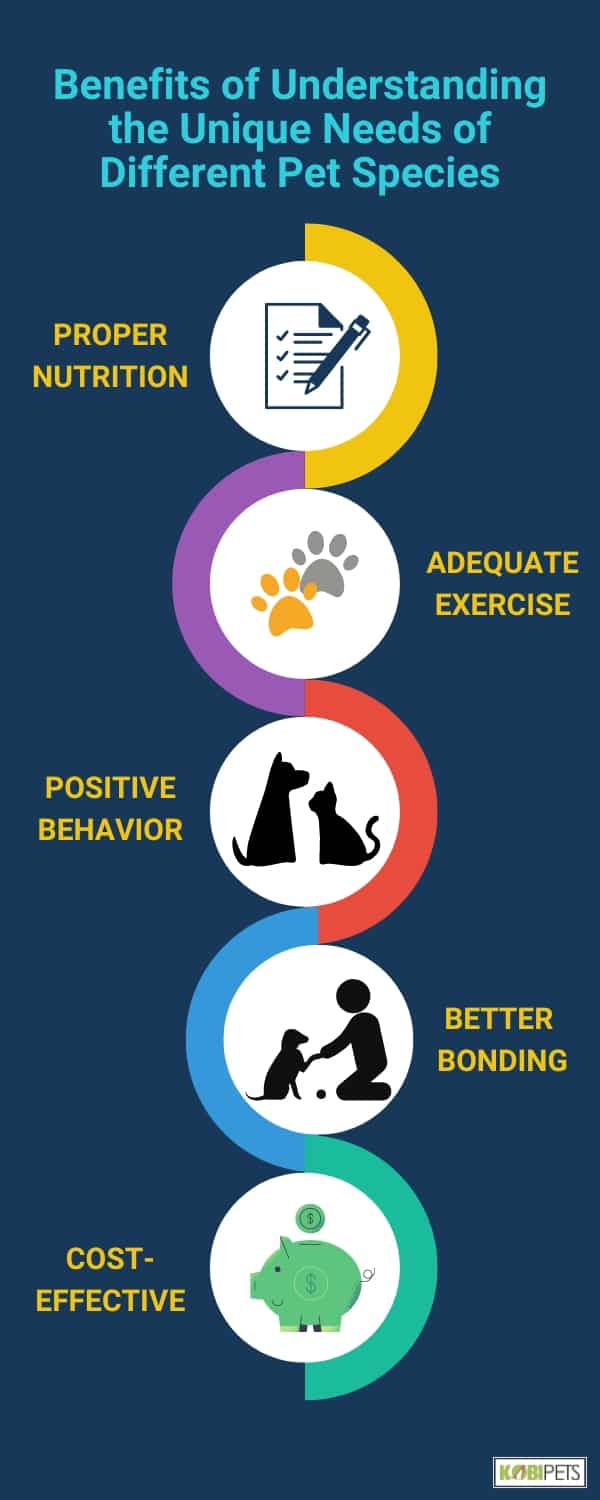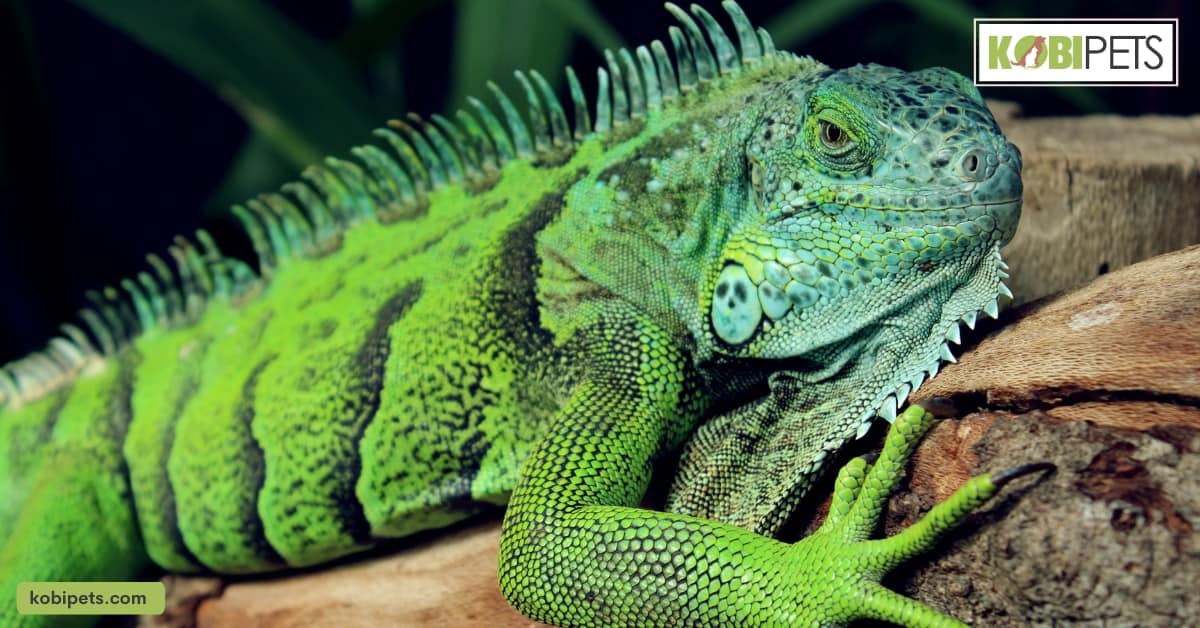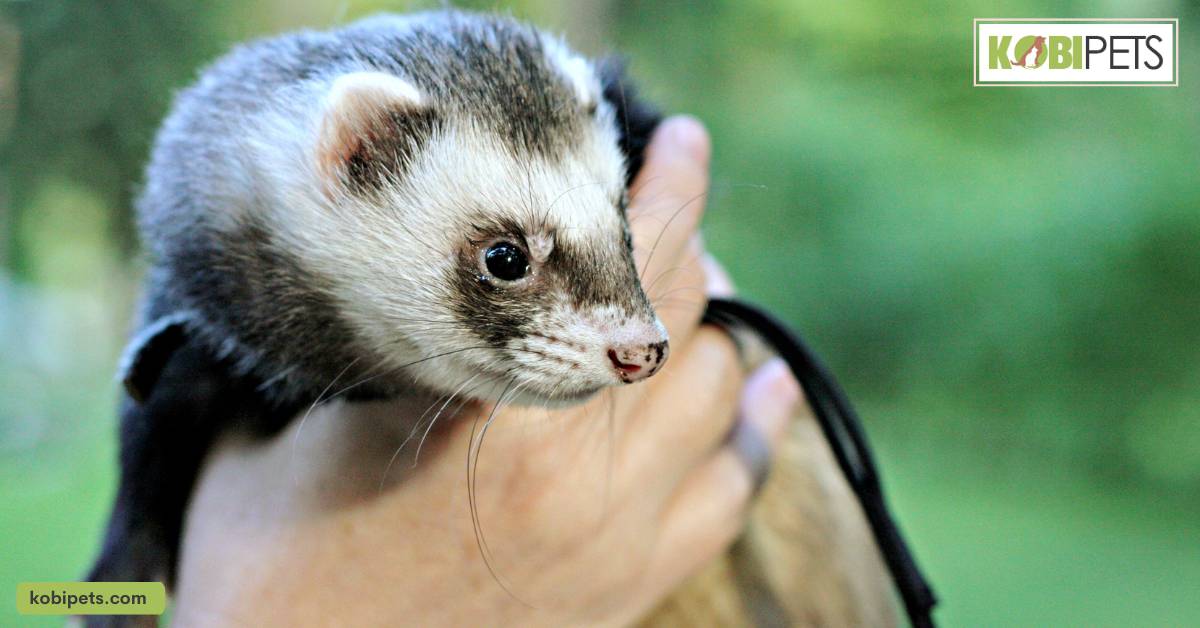
Different pet species require unique and specialized care. It is important to research the specific needs of different pets, such as their dietary requirements, health issues they may be prone to, and exercise needs. Additionally, it is crucial to understand how to properly house each type of animal in order for them to be comfortable and happy in their home environment.
Are you a pet owner? Do you want to ensure your four-legged loved one is getting the best care possible? In this blog, we’ll explore how to best meet the needs of cats, dogs, fish, and even exotic pets.
Benefits of Understanding the Unique Needs of Different Pet Species
Understanding the unique needs of different pet species has numerous benefits for both pet owners and their furry, feathered, or scaly companions. By understanding the specific needs of your pet, you can provide them with the best possible care and ensure they live happy and healthy life.
Here are a few key benefits of understanding the unique needs of different pet species:
1. Proper nutrition
Each pet species has specific dietary needs that must be met in order to maintain its health and well-being. Understanding these needs can help ensure that your pet is getting the proper nutrition they need to thrive.
2. Adequate exercise
Regular exercise is important for maintaining a pet’s physical and mental health. Different pet species have different exercise needs, and understanding these can help you provide the right level of activity for your pet.
3. Positive behavior
Behavioral issues can be a major source of stress for pet owners. By understanding the unique needs of your pet species, you can take steps to prevent or address behavioral problems and create a positive environment for your pet.
4. Better bonding
Understanding the unique needs of your pet species can help you build a stronger bond with them. By providing the care they need to be happy and healthy, you can create a deep and meaningful relationship with your pet.
5. Cost-effective
By understanding the unique needs of different pet species, you can make informed decisions about feeding, housing, and veterinary care, which can help you save money in the long run.

Benefits of Understanding the Unique Needs of Different Pet Species
Cat Breeds and Their Unique Needs
Dietary Needs for Cats
Cats are beloved pets for many people, but not every cat owner understands their specific dietary needs. Cats require specialized nutrients to ensure their health is maintained, such as protein and amino acids.
The quality and type of protein provided by animal sources is the key nutrient in cat diets. This includes a balance between muscle meat, organs, and bones that provide essential amino acids that cats can’t make on their own.
Additionally, cats need high amounts of fats, fatty acids, and arachidonic acid as well as all of the necessary micronutrients, like vitamins and minerals. For optimal health and nutrition, it is important to monitor your cat’s diet and understand the specific dietary needs they require so they can stay healthy and strong.
Exercise Requirements for Cats
Exercise is a vital component of any pet’s health, including cats. Providing your feline friend with the appropriate amount of physical activity can help them to stay fit and lean while managing stress levels and behaviors.
The best way to determine how much exercise your cat needs is by observing their energy levels. Generally speaking, cats require moderate exercise on a regular basis, moving around for at least 20 minutes per day should do the trick.
You can involve your cat in activities such as play-chasing or playing with toys or bubblers – anything that will engage their natural hunting instincts and simulate the feeling of chasing prey in the wild. Make sure to monitor your cat for fatigue throughout these activities and provide plenty of rest breaks if necessary.

Grooming Tips for Cats
Knowing the basics of grooming your cat can be an easy process when done regularly. A regular combing and brushing routine can keep your pet’s fur from matting and tangling, giving them a clean and well-groomed look.
It is also important to brush their coat to help spread natural oils throughout the skin, promoting a healthy and shiny coat of fur. Additionally, regular clipping of your cat’s nails is advised to prevent any accidental scratching or damage to furnishings in the home.
Making these grooming tasks routine will make transitioning into more thorough procedures for bathing and trimming down the road much easier for both you and your furry friend.
Dog Breeds and Their Unique Needs
Dietary Needs for Dogs
Dogs have unique nutritional requirements— unlike cats and humans, their nutritional breakdowns differ greatly. When looking at what food is best for your pup, you should consider age, size, overall health, and activity level.
Puppies need a diet that has higher levels of fat, protein, and certain vitamins than adults while senior dogs require lower amounts of fat and calories. Depending on the size of the dog—smaller breeds usually need fewer nutrients than larger breeds—you’ll also want to make sure their diet is balanced according to their particular needs.
As always consult a veterinarian who can offer advice tailored to your pup’s individual needs.
Exercise Requirements for Dogs
Knowing the exercise your pup needs is an essential part of responsible ownership. Many breeds have different needs, but all need some level of regular physical activity to prevent behavioral issues and ensure good health.
Spend time researching how much exercise your chosen breed will need, and create a schedule so you can make sure they’re getting the energy release they require each day. Keeping up with their daily exercise routine is also a great bonding activity you both will enjoy; it’s a chance for lots of quality time together in the outdoors.
While exercising, keep a diligent eye on them to look out for signs of fatigue or over-exertion, to ensure they stay healthy and safe as well as happy.

Grooming Tips for Dogs
Grooming your dog is an important part of being a pet parent. Regular brushing, bathing, and trimming are necessary to keep your dog healthy and happy. Not only will it help with shedding, but it also helps to maintain skin health.
Furthermore, paying attention to proper paw care and dental hygiene will ensure that your pup feels its best every day. Additionally, knowing the right time for basic grooming items such as baths and nail clippings can make the experience more pleasant for both of you.
Fish and Reptiles
Dietary Needs for Fish and Reptiles
Understanding the dietary needs of fish and reptiles is essential for pet owners who want to keep healthy animals, as inadequate nutrition can lead to a weakened immune system, poor growth, and even deformities.
The majority of fish and reptile species require specific food sources in order to gain all of their dietary requirements; this varies from animal to animal, so it is important to research what your species needs before making your purchase. Commercial food sources are available that can provide balanced nutrition for many pets.
However, there are also some individuals who prefer to feed their animals live prey such as minnows or crickets. Ultimately, the key to providing a good diet is obtaining knowledge on exactly what types of foods are necessary and then ensuring that those foods are available in sufficient quantities.
Exercise Requirements for Fish and Reptiles
Taking care of fish and reptiles can be very rewarding, but it is important to understand the exercise requirements for each species prior to adoption. Most reptile owners usually leave a wheel, branch, or rock in their tank so the reptile can climb and explore, giving them much-needed activity.
For fish tanks, physical activity is limited to swimming in currents, around rocks and plants, or chasing food after it’s been tossed in the water. However, this doesn’t mean that all aquatic species should stay static with no movement as some species require enough water current to maintain healthy bodies and fins.
Ensuring that your pet gets enough motion is essential not just for recent adoption but also while they live in our homes. With ample research, you can find what type of exercise your pet requires and purchase the appropriate gear needed to provide the appropriate living environment.

Grooming Tips for Fish and Reptiles
In terms of grooming, there are different tips pertaining to each species. For example, the water temperature should be adjusted regularly in order to accommodate freshwater fish, while most lizards will need a bath once every week or so to make sure that their skin remains clean.
Knowing what type of grooming products are safe to use is also essential; some reptiles require special shampoos and conditioners specifically designed for them. With just a bit of effort and some patience, owners can find the best ways to properly groom their pet fish or reptile without harming them.
Exotic Pets and Their Unique Needs
Dietary Needs for Exotic Pets
Understanding the dietary needs of exotic pets can be challenging. Veterinarians and pet owners need to consider the specific nutritional requirements of popular species, such as snakes, lizards, and birds.
Each type of pet requires specific foods to provide their bodies with the vitamins, minerals, and proteins they require; setting up a balanced diet is essential for optimal health. For example, parrots love a variety of seed diets but must also have some grains, fruits, and vegetables to ensure balanced nutrition. In addition, reptiles may need to eat live food or appropriate freeze-dried items like crickets or even mealworms!
Exercise Requirements for Exotic Pets
Taking care of an exotic pet can be a rewarding experience, but it does come with certain challenges. It’s important to understand the specific exercise requirements for your species before getting a pet, as this will help ensure that both you and your pet have a happy relationship.
Depending on the species, exercise needs may vary from needing a daily activity to only having occasion bursts of intense activity. Keeping track of the exact type and amount of exercise specific to each species provides your pet with the best environment possible while also helping to keep you out of trouble with any local laws or regulations.
All in all, making sure you understand these requirements before taking ownership of an exotic animal is essential for adherence to regulations, maintaining good health, and leading an enjoyable life for you and your pet.

Grooming Tips for Exotic Pets
Knowing how to groom your exotic pet can make all the difference in keeping them healthy and happy. Whether you have a reptile, amphibian, arachnid, or another type of unique family member, it’s important to provide the proper care and grooming for them.
Begin by researching the specific needs of your pet’s species – this will be vital in providing the right care! Commonly kept exotics require more frequent baths than cats or dogs do, as well as specific temperature and humidity levels during each bath.
Nail trimming may also apply in some cases, but consulting with a veterinarian regarding safety protocols is recommended if unfamiliar with handling exotics. Depending on the species of your pet, they may need extra attention like regular brushing sessions. Doing so will keep their skin and fur clean while also reducing allergens on furniture so everyone can breathe easily in your home.
In Conclusion
Taking care of a pet is an incredibly rewarding experience, but it’s important to understand the unique needs of each species in order to ensure that your pet stays healthy and happy. Knowing the specific dietary, exercise, and grooming requirements for different pet species can help you provide a safe and nurturing environment for your companion.
Whether you have a cat, dog, fish, reptile, or exotic pet, understanding their individual needs is essential to helping them live a full and healthy life.






